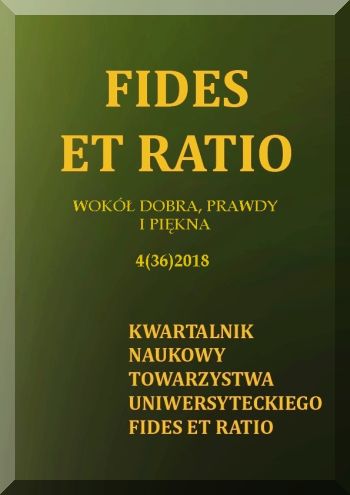Abstract
Marion's work can be considered as an attempt to radicalize phenomenology. He achieved this basing on two categories: givenness and love. In the phenomenology of givenness, the subject occupies a secondary position relative to the phenomenon. He is not its “producer” but “the given” (l'adonné). Also in the phenomenology of love, Marion redefines the ego – the ego cogito is replaced by the ego amans which erotic reduction leads to and which is not based on the question “am I?” or even “do I love?”, but on the question “whether someone (other) loves me?”. Erotic reduction introduces profound transformations to understanding of time and space. Ego amans is not in some geographical “here” but “there”, where the otherness resides, which enables me to ask “does anyone love me?” and thus assures me of my existence. Erotic time practically does not flow, but becomes a waiting for the arrival of that “elsewhere”, which has the character of an event. Time and space of erotic reduction are focused in the experience of one's own body (la chair). Temporality in the erotic relationship is also understood as fidelity, which attempts to exceed the limits of death, becoming eschatological temporality.
